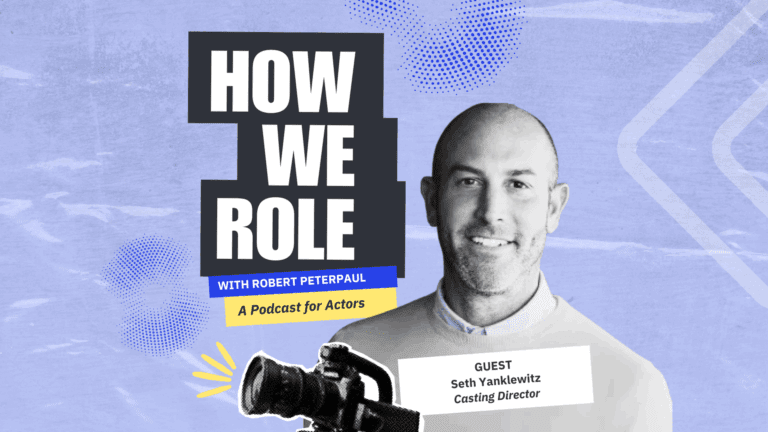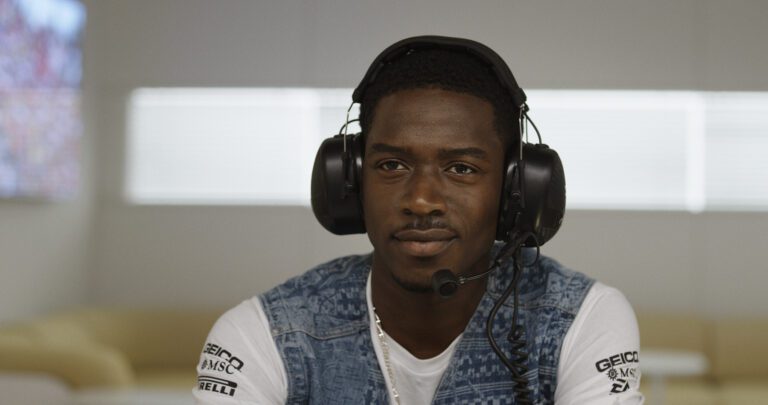“Tactics” is one of those 101 terms that we work in college or our first intro class. If you’re anything like me, old scripts have tactics meticulously marked and labeled, each beat lovingly outlined. But, as the years go by, it’s easy to lose track of the building blocks of our actor homework. We start to take them for granted. While part of that is the natural progression of earned skills and an advancing career, these tools are there for a reason. It’s important to dust them off now and then to stay sharp.
What’s So Great About Tactics?
Tactics are the methods by which your character fights for their goals. As such, they define the arc of a scene. Often, a shift in tactic signifies a beat change. Tactics can escalate or de-escalate tension, manipulate or divert other characters, or forge genuine connections. The types of tactics you choose also speak volumes about your character. It gives the audience peeks into your character’s personality, how they are accustomed to winning and losing in the world, past traumas, etc. For this reason, getting specific about your tactics will improve your scene work and deepen your overall performance.
How Do I Choose Strong Tactics?
-
- Make sure they directly support your objective. Remember that like anything else, tactics are tools to help you tell the story. Beginning actors are understandably apt to get excited and choose a dynamic tactic for its own sake, but every choice should be in service of the scene objective. Remember that your character is always fighting for something. If your tactic isn’t directly tied to that goal, you probably want to refocus.
- Make sure they directly impact your scene partner. Just like an objective, a strong tactic is one that can be applied to your scene partner(s). Remember, you need something from them, or the scene wouldn’t be happening.
- Choose visceral language. The language you use when choosing your tactics is incredibly important when you’re trying to get specific. Always search for the stronger choice? Is “Convincing her” the most specific you can get? What about “proving to her,” “inspiring her” or “recruiting her?” If your choices are still feeling too cerebral, use more active language. Instead of “insulting him” try “slapping him with your words.” Don’t worry about getting the right answer, worry about finding the most specific choice that speaks to you.
How Will it Help?
These small choices we make when we score a script, that we keep refining, changing and growing through the process, provide the foundation for our scene work. In the absence of specific choices, we run the risk of playing the emotion of the scene rather than the action. Lack of specificity leads to performances that are one-note, that lack an arc, that are ill-defined. On the other hand, the more you can distill the tactics your character chooses, and the more active the language you choose, the better grasp you have on the depth of your character. Those small choices will bleed out to inform the rest of your performance. Getting specific about your own work will help give your scene partners something more concrete to work off of, and will raise the quality of the work as a whole.
Looking to get your big break? Sign up or login to Casting Networks and land your next acting role today!
Related articles:
The Importance of Body Language in a Commercial Audition
How Improv Can Enhance Scripted Acting
Soliloquies: What to Do Without a Scene Partner













